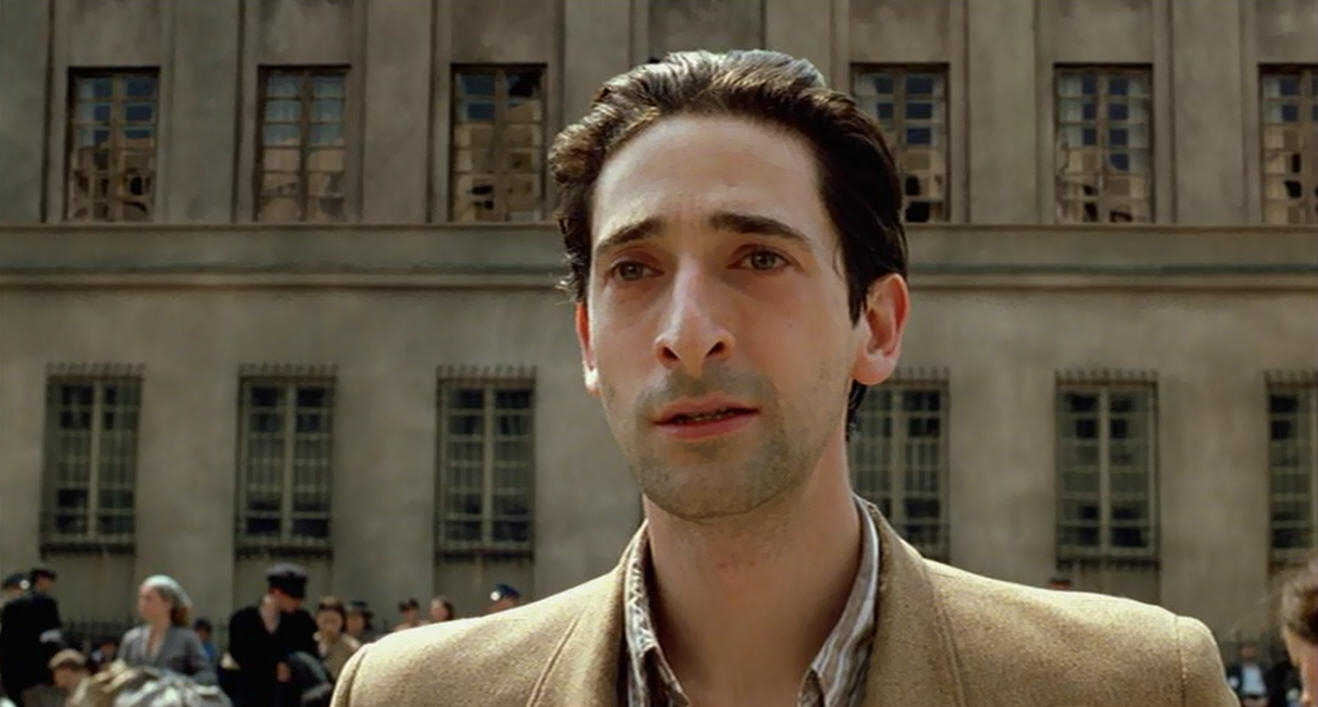
Every year, the Palme d’Or goes to a movie the Cannes jury found most worthy, and almost every year we argue over whether or not they made the right call. Here is our highly subjective ranking of all the Cannes winners this century.
17. I, Daniel Blake
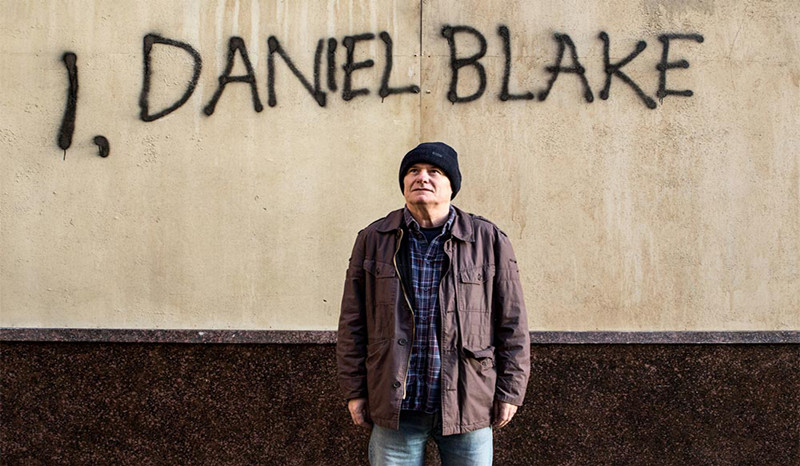
I, Daniel Blake is a terrible winner in every way conceivable. As a stand-alone movie, it’s too sentimental and simplistic, looking at the world in complete black and white, either condemning characters to be near devils and lauding others as near gods. It completely goes off the rails past its midpoint, choosing to manipulate the viewer instead of offering a constructive criticism of the system.
Not only that, but Ken Loach certainly did not need the recognition – he had won a Palme already (still to appear on the list) and has been making pretty much the same movie for half a century. To make matters even worse, 2016 was a particularly strong year, with Toni Erdmann, The Handmaiden, Paterson and Sieranevada missing out on awards – any of then would have been a fine choice for Palme d’Or.
Should it have won: Absolutely not. The only condolence is that the Grand Jury prize went to It’s Just the End of the World by Xavier Dolan, an even more terrible movie, so at least we were saved from that catastrophe as the Palme. But pick almost any other move in that stacked Competition and you’ll get a more fitting winner.
16. Fahrenheit 9/11
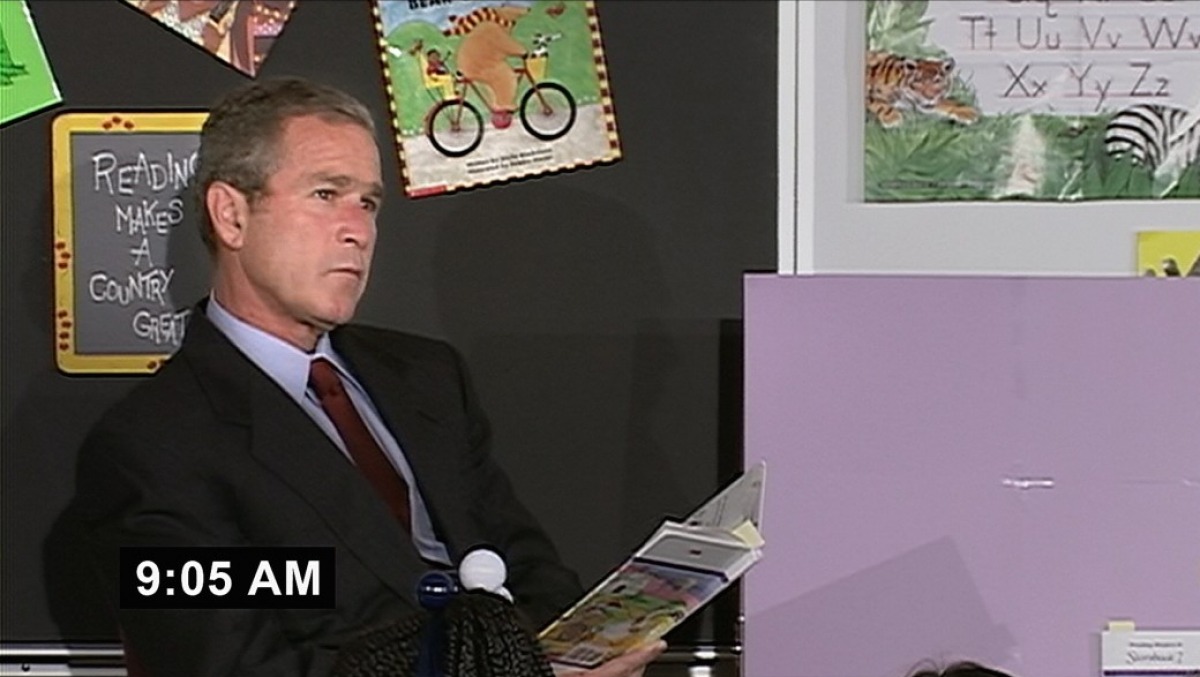
Michael Moore’s documentary won in 2004, so in that particular context, his victory is much easier to grasp. However, 13 years later, the flaws of his George W. Bush story are glaring, and while there are interesting ideas in the project, overall it isn’t even close to the Palme level.
Moore is first and foremost, interested in his own interpretation. He blames the at-the-time president of talking only out of self-interest, yet that is exactly what Moore himself does, intentionally picking out the most ridiculous parts of his presidency and leaving out anything else.
The Iraq war was unjust enough in itself without churning out blooper-reel type docs without any interest in objectivity whatsoever. After all this time, Fahrenheit 9/11 seems narcissistic and self-important, with little if any substance to the story.
Should it have won: To be fair, it wasn’t the strongest year for Cannes. Tropical Malady by Apichatpoing Weerasethakul or 2046 by Wong Kar-Wai could hold a grudge, but the one movie we can really claim was robbed is Oldboy, clearly the best film in show.
15. Dheepan
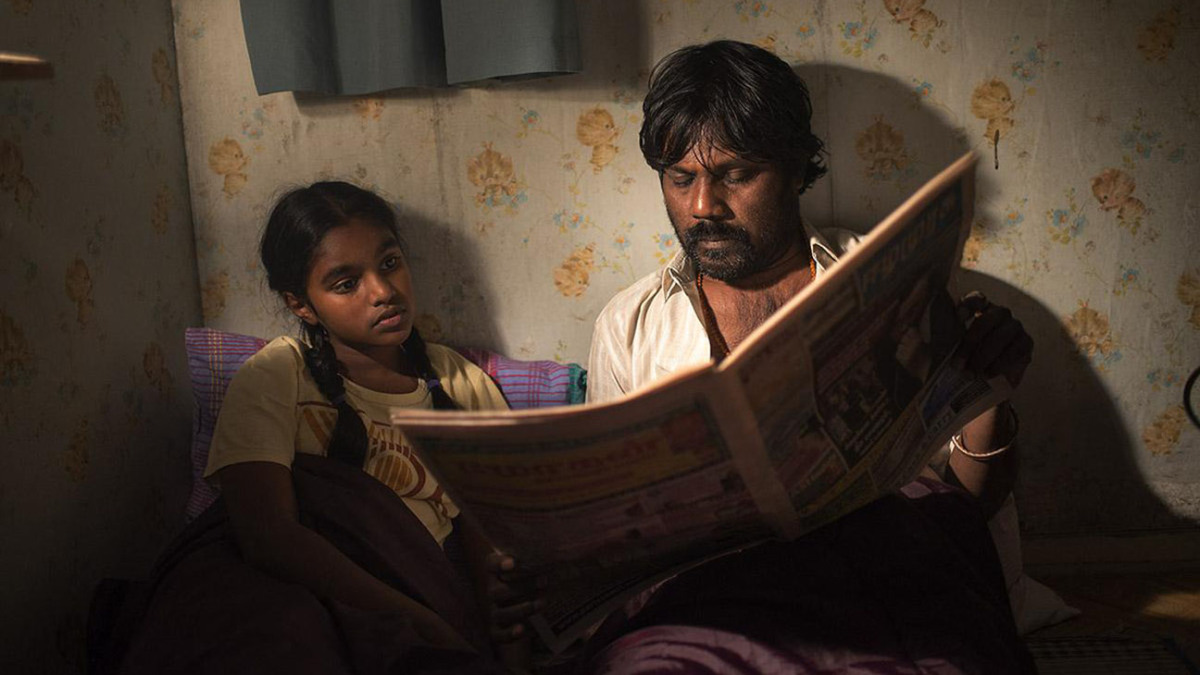
There isn’t anything downright bad about Dheepan, a Sri Lankan immigrant in Paris story, but it’s an immediately forgettable affair that pales in comparison to Jacques Audiard’s other work.
Much like Fahrenheit 9/11 eleven years ago, this one can thank a particular political and social context, but unlike Moore’s film, Audiard’s drama was quickly forgotten and completely overshadowed by the Grand Jury prize winner, Son of Saul. Audiard arguably deserves a Palme for his collective work, it’s just a shame Dheepan was the one to pick it up.
Should it have won: Son of Saul should have won, but as a debut, it was always going to face an uphill battle. The Assassin by Hou Hsiao-Hsien or The Lobster by Yorgos Lanthimos were also good choices, but all three of them picked up other awards, so we can’t really hate the jury this time.
14. The Son’s Room

Nanni Moretti’s portrayal of a family that lost their son/brother in a diving accident is everything you would expect it to be. Meaning, it is, like every Moretti film ever made, competent, but over-the-top and hugely sentimental.
There isn’t anything particularly damning with that in itself, but why on earth should it be awarded the most important prize in the art-house cinema world? As proven by the fact no one ever talks of The Son’s Room – can you honestly remember when you last heard the title, if ever? What makes this win infuriating are the movies that were left behind Moretti’s back.
Should it have won: Mulholland Dr., quite possible the best movie of the century, was deemed less worthy by the jury. The Piano Teacher or The Man Who Wasn’t There are two great movies as well, but we all know who the Palme should have went to.
13. The Wind That Shakes the Barley
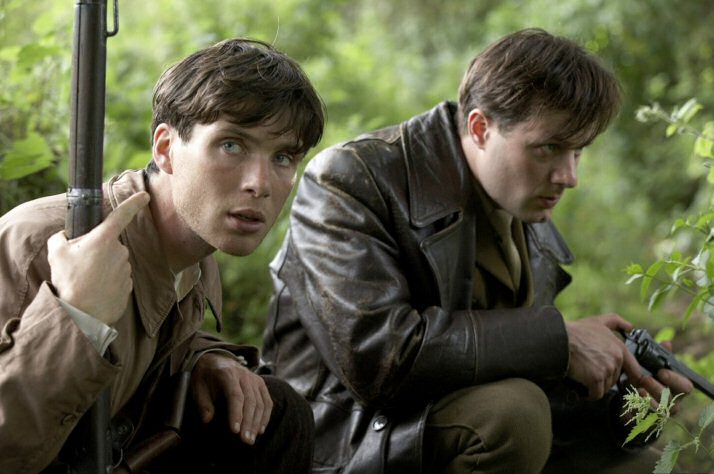
By no means the worst Ken Loach has even done, not even the worst of his to win the Palme, but a weird choice for a unanimous winner nonetheless. The Irish War of Independence film is competent all around, but it’s hard to see what exactly made the jury gasp while watching it.
The as-ever brilliant Cillian Murphy gives the performance of his career and there are certainly interesting bits and pieces around, but overall The Wind That Shakes the Barley is nothing too special or original. This one is a mystery win, explained only perhaps by the context…
Should it have won: There was nothing else to give it to. Almodovar’s Volver, Arnold’s Red Road, del Toro’s Pan’s Labyrinth were the highlights, but whichever one of them the jury picked, the 2006 Cannes wouldn’t be much higher on this list. So no, it didn’t, but neither did anything else.
12. The Class
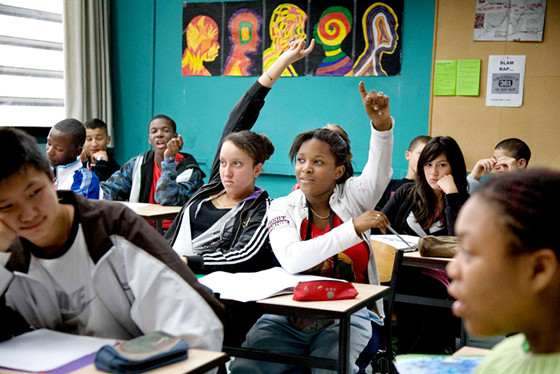
Laurent Cantet’s story of a year in the life of one class pulled off one of the all-time great Cannes surprises. It screened on the last day and no one expected it to get anything, much less the biggest prize of the fest. Even more amazingly, The Class ended up as one of three unanimous winners of the 21st century.
The movie has somewhat vanished from the public eye after the win, which is sad, because Cantet’s film, while certainly not a unanimous win material, is a multilayered and at times even profound story of the everyday struggles of a young person. It’s by no means genius, but it’s far from the worst we’ve seen win Cannes.
Should it have won: Tricky. Synecdoche, New York is a stone-cold masterpiece and should have won. But given the fact it just might be too experimental for most juries (let’s be realistic here), it was either The Class or Gomorra by Matteo Garrone, and this debate comes down to personal preference.
11. Winter Sleep
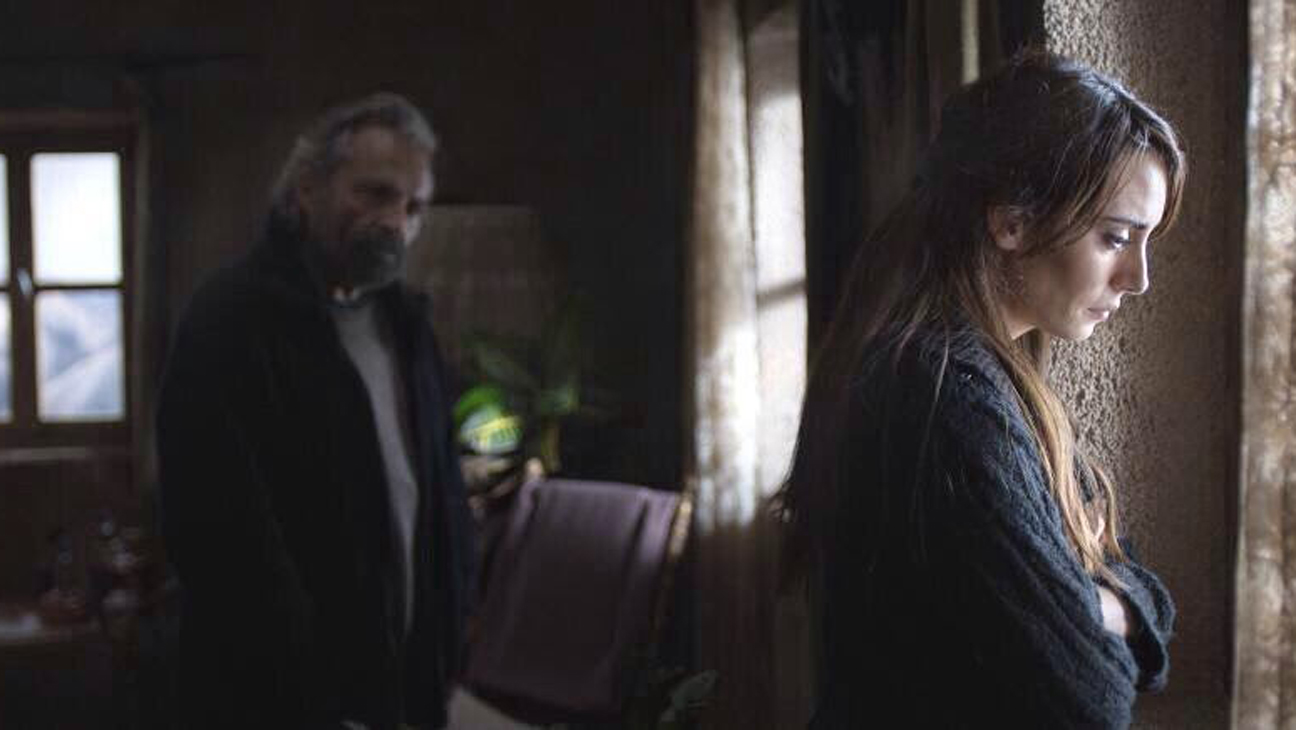
Nuri Bilge Ceylan’s family drama is a challenging movie. Much like the director’s earlier work, it’s meditative and poetic, but Ceylan is an artist that requires patience and dedication. And even then, he’s certainly not everyone’s cup of tea.
Winter Sleep might be his best ever, or maybe that should go to Once Upon a Time in Anatolia, a Grand Jury winner in 2011, but they are, much like the skeptics pointed out after Winter Sleep won, almost interchangeable in style. And many do still believe Winter Sleep was an award for a director, rather than an individual movie, something that would be hard to argue.
Should it have won: Yes. There were a handful of good movies in the Competition, most notably Leviafan by Andrey Zvyagintsev, but Winter Sleep was a completely deserved winner.
10. The Tree of Life
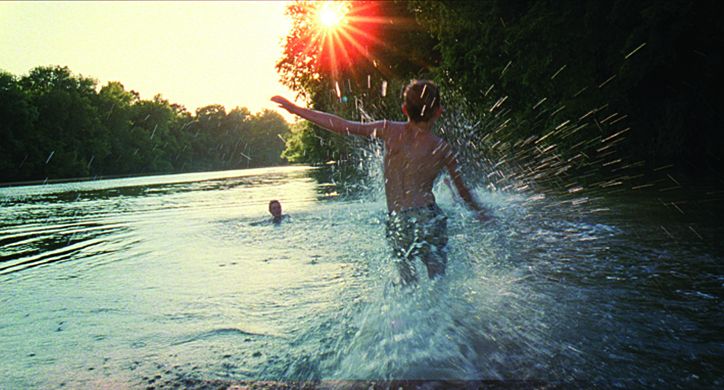
In his most personal project to date Terrence Malick explored not only his own early life, but also all life and all universe in general. His ideas are grand, perhaps too much so, and ultimately even some of the actors themselves have dissed The Tree of Life.
It’s certainly not a bad movie (unlike some, most, of Malick’s work since) and still holds certain aspects that made his earlier work genius, whilst adding Desplat’s music and Lubezki’s photography to the mix. But it ultimately comes off as pretentious and unnecessary.
Should it have won: Absolutely not. Never mind the other movies, rewarding the worst thing a director has ever made at that point is never a good idea. Malick arguably should have won a Palme for Days of Heaven or The Thin Red Line years ago. This particular year, Polisse by Maïwenn or Melancholia by Lars von Trier should have won.